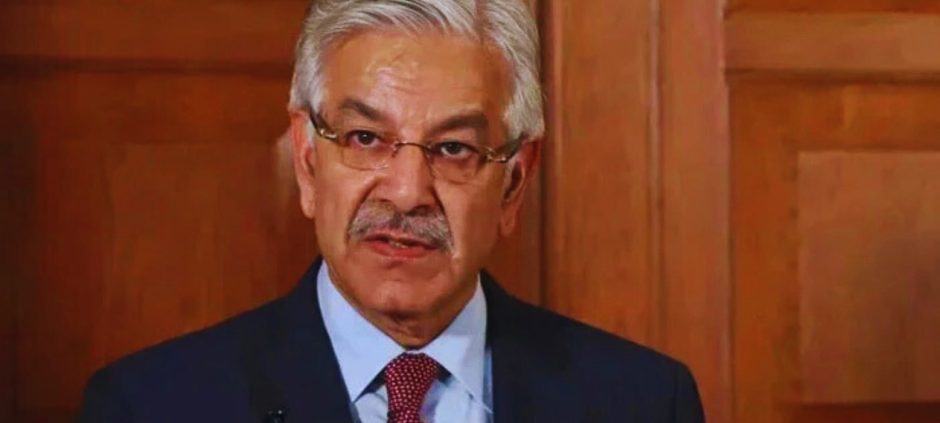Defence Minister Khawaja Asif revealed on Thursday that India declined to sign a joint declaration at the Shanghai Cooperation Organisation (SCO) meeting in China after its request for a second speaking turn was rejected.
Read More : Usman Khawaja Disputes ICC Accusations Over Armband Dispute
Speaking on Geo News’ programme “Aaj Shahzeb Khanzada Kay Sath,” Asif stated that Indian Defence Minister Rajnath Singh had addressed the event second or third, following alphabetical order. However, after Pakistan presented its evidence-based stance—including references to the Jaffar Express attack and Indian spy Kulbhushan Jadhav—Singh sought permission to speak again. The request was denied by China, the conference chair, in line with traditional protocols.
Frustrated by the rejection, India refused to sign the joint statement, which had been agreed upon by all other participating nations. Asif remarked that this move further isolates New Delhi on the global stage, highlighting Prime Minister Narendra Modi’s extremist policies as damaging to India’s international credibility.
The defence minister accused India of promoting terrorism worldwide, citing its alleged involvement in the killing of a Sikh leader in Canada and terror activities in the U.S. He also reiterated Pakistan’s stance as a victim of Indian-sponsored terrorism, referencing issues in Indian Illegally Occupied Jammu and Kashmir (IIOJK) and Balochistan, which were mentioned in the draft declaration.
Pakistan Reaffirms Commitment to SCO Principles
During the meeting, Asif emphasized Pakistan’s dedication to SCO’s objectives, calling for peaceful conflict resolution through dialogue and mediation. He stressed the need for a stable Afghanistan to ensure regional prosperity and urged the international community to address long-standing disputes like Kashmir, which threaten global peace.
On terrorism, Asif warned against politicizing counter-terrorism efforts, stating, “All states should refrain from deflecting attention from their internal failures by undermining joint efforts against terrorism.” He condemned the recent attack in IIOJK and called for accountability for states sponsoring terrorism, including the Jaffar Express incident in Balochistan.
India’s Stance at SCO Meeting
Meanwhile, Rajnath Singh emphasized India’s concerns over terrorism, urging SCO members to take a principled stand. He highlighted regional challenges such as peace deficits and trust issues, advocating for “reformed multilateralism” to foster dialogue.
Bilateral Engagements
On the sidelines, Asif held talks with defence ministers from Tajikistan, Iran, Kazakhstan, and China to strengthen security cooperation. Earlier, National Security Advisor Lt Gen (retd) Asim Munir also attended the SCO Security Council meeting in Beijing, reinforcing Pakistan’s commitment to regional stability.
The SCO joint declaration was ultimately not issued due to India’s refusal to sign, underscoring deepening divisions within the bloc.











